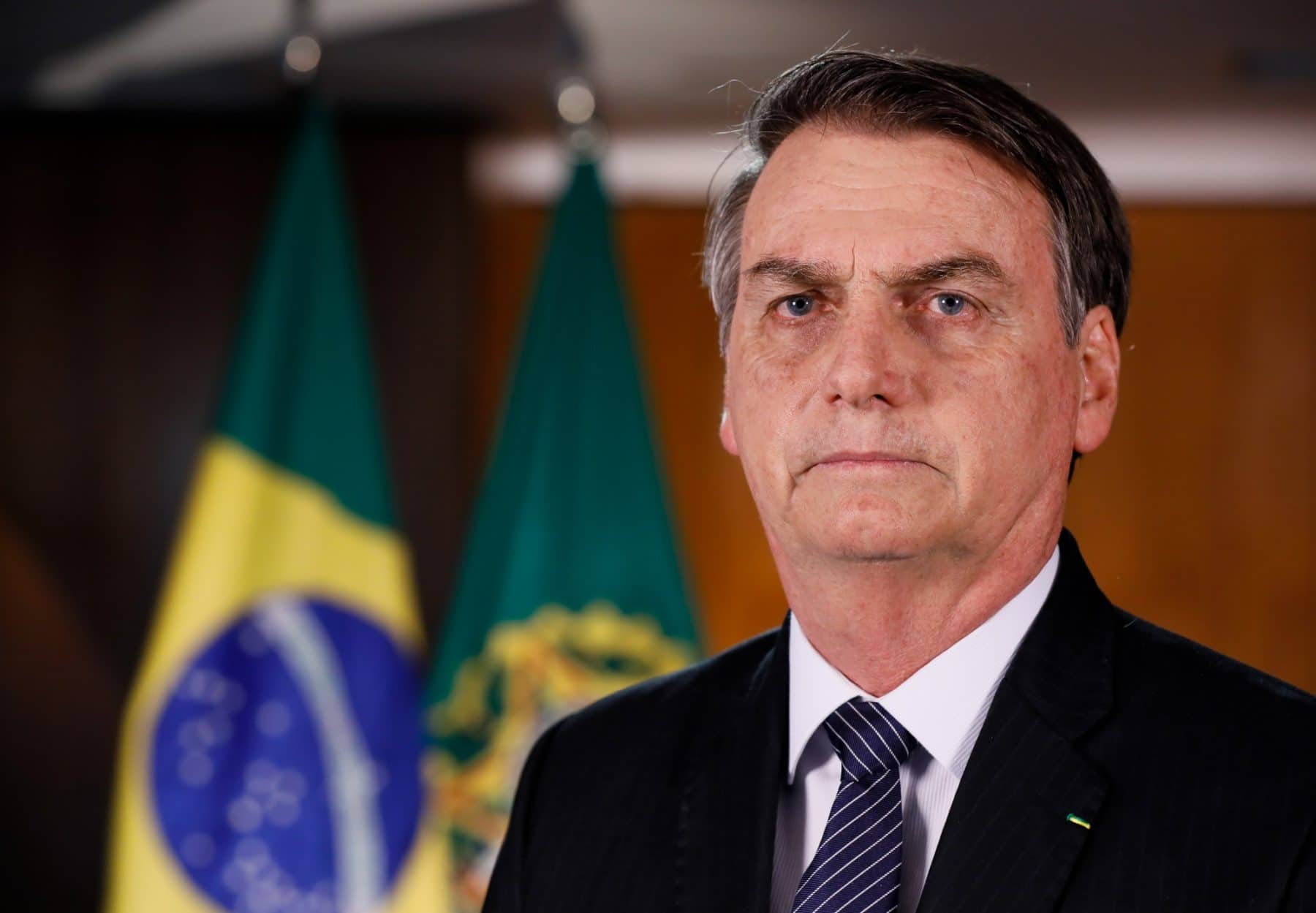The situation for harm reductionists here in Brazil continues to deteriorate. A decree signed by President Jair Bolsonaro and published on July 22 in the Federal Gazette effectively excluded civil society from the country’s National Council on Drug Policy (CONAD).
From now on, scholars and other representatives of civil society, such as leaders of community-based harm reduction organizations, will no longer participate in government meetings and decisions about drug policies.
What’s more, matters dealt with by CONAD behind closed doors will only be made public with the express permission of Minister of Justice Sergio Moro. The new decree “prohibits disclosure of ongoing discussions” by CONAD “without the prior consent of the Minister of State for Justice and Public Security and the Minister of State for Citizenship.”
By excluding expertise and preventing disclosure, the Bolsonaro government is clamping down on dialogue, instead taking an uninformed, dictatorial approach to a vital area of public health. Abstinence-only approaches are being promoted, in the face of all the evidence supporting harm reduction.
“Unfortunately we will no longer see this as public policy because today all government investment is to benefit private entities linked to therapeutic communities and religious institutions,” said Paulo Aguiar, a representative of the Federal Council of Psychology, in a press release. “We are not surprised that the process being carried out by the Bolsonaro government in relation to the council is a process of dismantling.”
“We always have a democratic perspective and hoped that would not happen that way because the participation of civil society is fundamental in the councils,” he added. “But we are very shocked at the way it is done and it strikes us that everything … about democratic participation in this government, if he does not agree with [it], extinguishes.”
The decree imposes “a violent and punitive model of combating drug use which aims to lock the user into therapeutic communities that violate human rights.”
Created in 2006, CONAD was originally made up of 31 members, including representatives of federal ministries and agencies and the state drug council, but also of civil society and academic institutions. With the presidential act, key stakeholders representing the following organizations will be excluded: the Order of Attorneys of Brazil; the Federal Council of Social Work; the Federal Council of Medicine; the Federal Council of Nursing; the Federal Council of Psychology; the Brazilian Society for the Progress of Science; and the National Student Union, which previously nominated a student representative. An anthropologist, a journalist, an arts representative and some prominent harm reductionists will also no longer participate.
Minister of Justice Sérgio Moro—a focus of investigations into corruption and ethics in Brazilian justice at The Intercept Brazil—will now chair CONAD. The body is now composed exclusively of representatives of the following government agencies: the National Health Surveillance Agency; the Security Office Presidency; the Ministry of Defense; the Ministry of Foreign Affairs; the Ministry of Economy; the Ministry of Education; the Ministry of Health; the Ministry of Women, Family and Human Rights; the National Secretary for Drug Policy; the Ministry of Justice and Public Security; the National Secretary for Drug Care and Prevention at the Ministry of Citizenship; and state agencies specifically responsible for drug policy.
The balance of influence has clearly shifted away from independent oversight, health and human rights, and towards security and policing.
The Federal Council of Social Services described Bolsonaro’s decree as “authoritarian and undemocratic” in a statement issued on July 22. According to the organization, the change “excludes the participation of those who are most involved with and deal with these issues in daily life, which is the civil society … specialists,” including “Social workers … daily serving the population, including families dealing with the problem of drug use.”
The decree, stated the organization, imposes “a violent and punitive model of combating drug use which aims to lock the user into therapeutic communities that most often resemble asylums that violate fundamental human rights.”
The Order of Attorneys of Brazil also published a note expressing its concern about the exclusion of civil society representatives and experts from discussion and drafting of public policies.
It is likely that things will get far worse before they get better.
Bolsonaro’s latest decree followed his government’s removal of all mentions of harm reduction from the National Drug Policy back in April. It complements a policy, proposed by the government and passed by Congress in April, that authorizes involuntary internment of drug users without consent and without the need for judicial authorization.
Beneficiaries of the new reality include private therapeutic communities—institutions that in Brazil are normally linked to evangelical religious organizations, which are strongly represented both within the Brazilian government and within Bolsonaro’s own family.
With Bolsonaro’s first term due to last through the end of 2022, it is likely that things will get far worse before they get better for Brazilians who use drugs and their allies.
Photo of President Jair Bolsonaro via Wikimedia Commons




